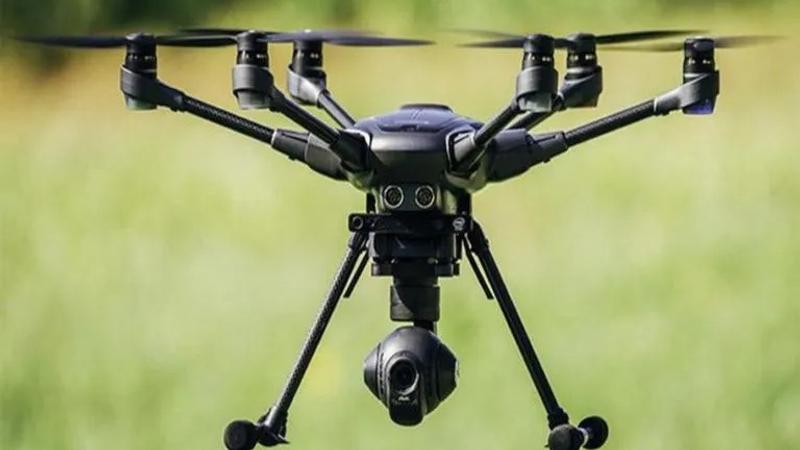Published 14:25 IST, August 30th 2024
Mahindra Group, Sentrycs sign non-binding pact to explore development of anti-drone solutions
Mahindra Group and Israel's Sentrycs have signed a non-binding MoU to explore opportunities for developing 'differentiated anti-drone solutions' in India.

Anti-Drone solution: Mahindra Group and Israel's Sentrycs Ltd on Friday said they have signed a non-binding Memorandum of Understanding (MoU) to explore opportunities for developing and providing 'differentiated anti-drone solutions' in India.
The solutions will cover civilian and military applications, the two companies said in a joint statement.
The MoU relates to the 'anti-drone systems' technology space and will focus on the Transfer of Technology (TOT) and manufacturing of radio frequency-based counter-drone solutions under the government of India's 'Make in India' initiative, it added.
The 'differentiated anti-drone solution' is an autonomous and integrated system with a command and control (C2) module, and enables detection, tracking, identification, and mitigation of incoming drones.
"We believe that this MoU with Sentrycs would enable the group to explore opportunities in the anti-drone space and set the stage for cutting-edge technological offerings with global partners for a full suite of anti-drone solutions across applications in the future," said Vinod Sahay, Mahindra President, Aerospace & Defence Sector and Member of Group Executive Board.
Sentrycs CEO Yoav Zaltzman said the strategic partnership with Mahindra would provide a cutting-edge multi-layer CUAS (Counter Unmanned Aircraft System) solution, made in India, that can be used to protect military bases, military forces and borders against the threat of drones.
"India is a very important market for us and I am confident that together with industry leaders like Mahindra we will create the best CUAS solution for India," he added.
The differentiated anti-drone solution' can monitor drone flight paths, and identify their specific models, unique serial numbers, and their IDs. This capability allows for precise differentiation between friendly and hostile drones, the statement said.
In cases where a drone is classified as a threat, the system can autonomously take control and ensure it lands safely in a predefined zone resulting in no collateral damage.
The system can be deployed for protection of critical infrastructure in urban areas or as an integral part of a broader multi-layered 'anti-drone solutions' for military applications, it added.
Updated 14:25 IST, August 30th 2024